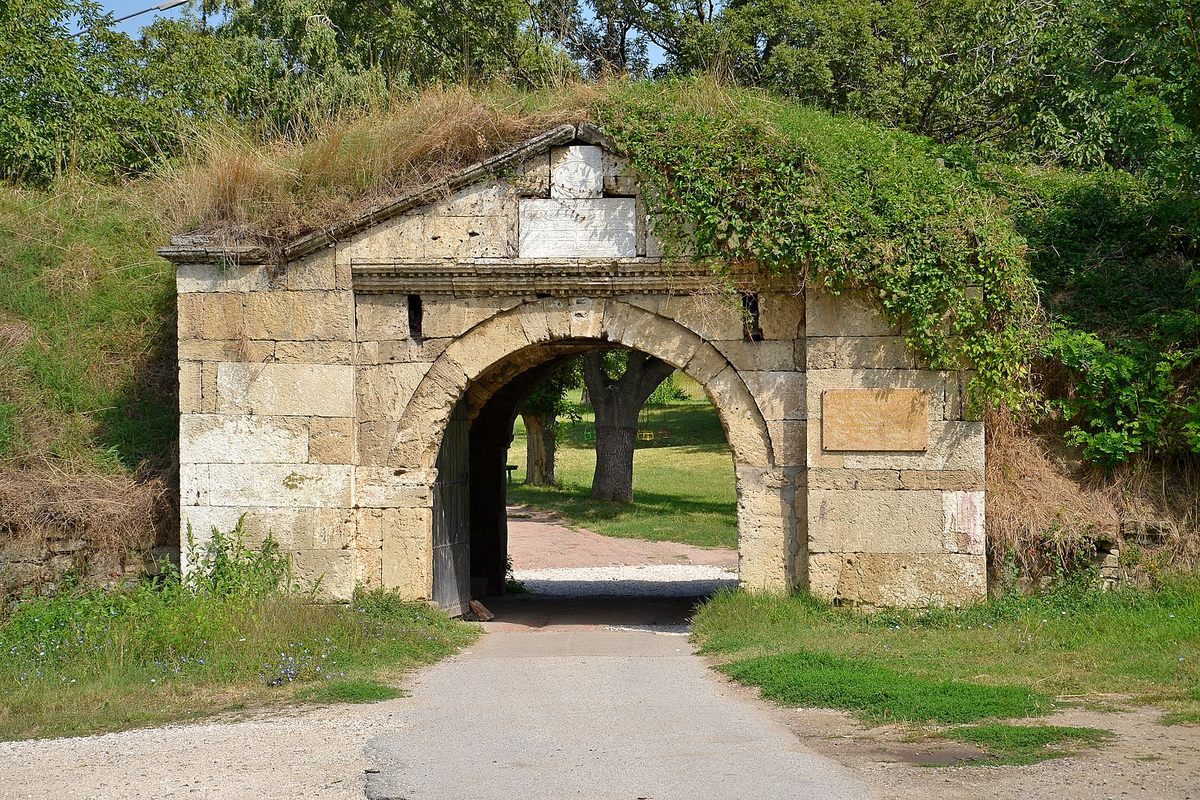One of the most important fortresses along the Danube now lies in ruins.
Fetislam is an Ottoman stronghold in ruins, situated near the city of Kladovo. Constructed during the Ottoman Empire’s reign in present-day Serbia, it served as a military outpost for Ottoman campaigns against Hungary.
Built in 1524 under the directive of Suleiman the Magnificent, the fortress comprises of two sections, namely the “small city” and the “big city,” which were built during two different epochs. The name “Fetislam” originates from a Turkish term denoting the defender of the faith or the triumph of Islam, something like the “gate of Islam.”

The part of the fortress known as “small city,” initially constructed in the 16th century, faced destruction by hajduks (outlaw highwaymen from all over the Balkans who targeted Ottomans in defense of Christians) in a single assault, leading to abandonment for a period. A subsequent fortification known as the “great fortress,” however, was soon erected in the 18th century.
Throughout the 19th century’s array of Serbian-Turkish conflicts, the complex changed hands between Serbs and Turks. Ultimately, the Fetislam Fortress gained independence from Turkish rule in 1867, known as “Svetislav” among Serbs.

Occupying an expansive 14-hectare area, the large fortress includes six bastions interconnected by ramparts, passages, and drawbridges over a surrounding moat. Plaques from the 19th century, praising Sultan Mahmut II, adorn the fortress walls. Internal structures encompass a warehouse, mosque, hamam, and others.
The small fortress, positioned closer to the riverbank, preserves remnants of ramparts, three gates, houses, streets, an armory, and additional structures. The complex is absolutely stunning and worth a visit if you want to see a fascinating Ottoman structure along the Danube, built by the Empire to strengthen their control over the Balkans.

